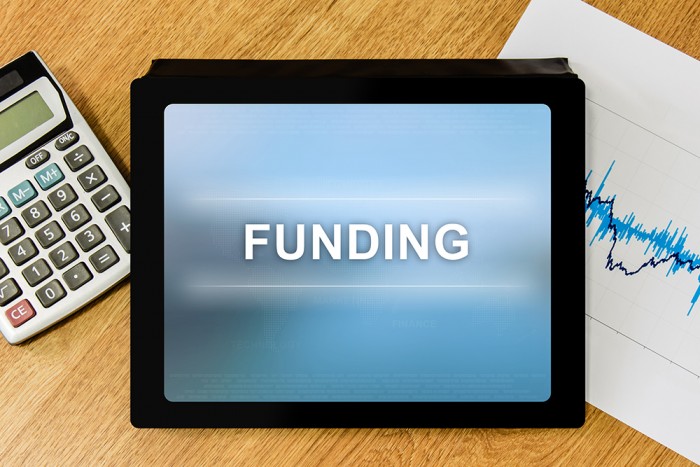The Office of Mental Health and Substance Abuse Services (OMHSAS) has announced the 2025 quarterly meeting dates for next year’s OMHSAS Stakeholder Webinars and asks that you mark your calendars.
2025 OMHSAS STAKEHOLDER WEBINAR DATES:
- January 30, 2025 — 3:00 pm – 4:00 pm
- April 24, 2025 — 3:00 pm – 4:00 pm
- July 17, 2025 — 3:00 pm – 4:00 pm
- October 23, 2025 — 3:00 pm – 4:00 pm
In the meantime, if you have suggestions for agenda topics for January’s webinar, please submit them via email. We will monitor the account and will only reply to the sender if more information is needed. Responses will not be provided if additional information is not needed.
Please note that webinar links will be provided closer to each of the meeting dates as shown above.
Thank you for your review and please – SAVE THE DATE.
If members have any questions, please contact RCPA COO and Mental Health Director Jim Sharp.















